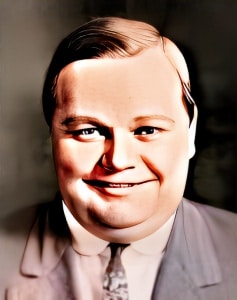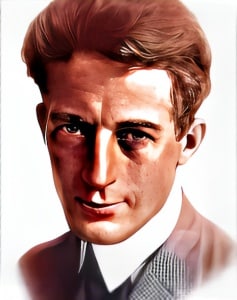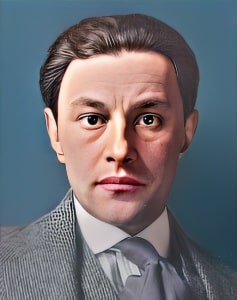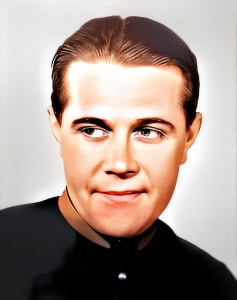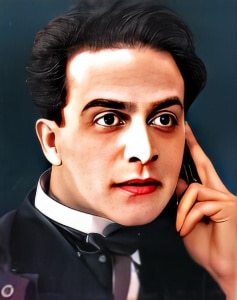 Friedrich Fehér, born on July 30, 1889, in Vienna, Austria-Hungary (now Austria), was a talented actor known for his contributions to the silent film era.
Friedrich Fehér, born on July 30, 1889, in Vienna, Austria-Hungary (now Austria), was a talented actor known for his contributions to the silent film era.
He left an indelible mark on the history of cinema and is celebrated for his captivating performances and ability to convey a wide range of emotions on the silver screen.
Fehér’s journey into the world of entertainment began in the early 1910s when he started his acting career in the theater. His theatrical background provided him with a strong foundation in acting, which he would later carry into his work in the emerging film industry.
One of the defining moments in Friedrich Fehér’s career was his collaboration with director Robert Wiene on the groundbreaking 1920 silent film “The Cabinet of Dr. Caligari.” This iconic work of German expressionist cinema is celebrated for its visually striking set design and its eerie, dreamlike atmosphere. Fehér portrayed Francis, the film’s central character who narrates the story in a flashback. His performance was pivotal to the film’s success and added depth to the narrative.
“The Cabinet of Dr. Caligari” is known for its use of distorted, angular, and nightmarish architecture in its set design, creating a sense of disorientation and unease. Fehér’s portrayal of Francis was crucial in conveying the emotional and psychological turmoil experienced by the character, contributing to the film’s impact.
Fehér’s ability to convey complex emotions primarily through facial expressions and physical acting endeared him to audiences and established him as a skilled actor in the silent film era. His performance in “The Cabinet of Dr. Caligari” helped define the horror genre and remains a benchmark for future actors in the field.
The transition to sound films marked a significant shift in the film industry, and many silent film actors struggled to adapt to this new era. However, Friedrich Fehér successfully made the transition, underscoring his adaptability and commitment to his craft.
One of the notable sound films in Fehér’s career was “Alraune” (1930), a German science fiction film directed by Richard Oswald. In this film, he portrayed the character of Frank Braun, a scientist who becomes entangled with a woman created through artificial insemination. Fehér’s performance captured the moral and ethical dilemmas faced by his character and added depth to the narrative.
Fehér’s ability to excel in a variety of roles, from psychological dramas to romantic leads, made him a sought-after actor in the early years of cinema. His performances showcased his versatility and his ability to adapt to changing genres and styles.
In conclusion, Friedrich Fehér was a remarkable actor who made a significant impact on the early years of cinema. His career spanned the silent film era and the transition to sound films, during which he showcased his versatility and ability to convey complex emotions. While his name may not be as widely recognized today as some of the leading actors of his time, his performances and his enduring impact on the world of cinema remain a valuable part of the rich history of early Hollywood. Fehér’s talent and contributions to the art of acting continue to captivate audiences and inspire generations of actors and filmmakers.
Loading live eBay listings...

